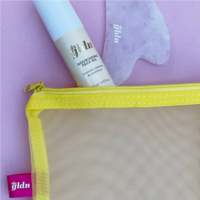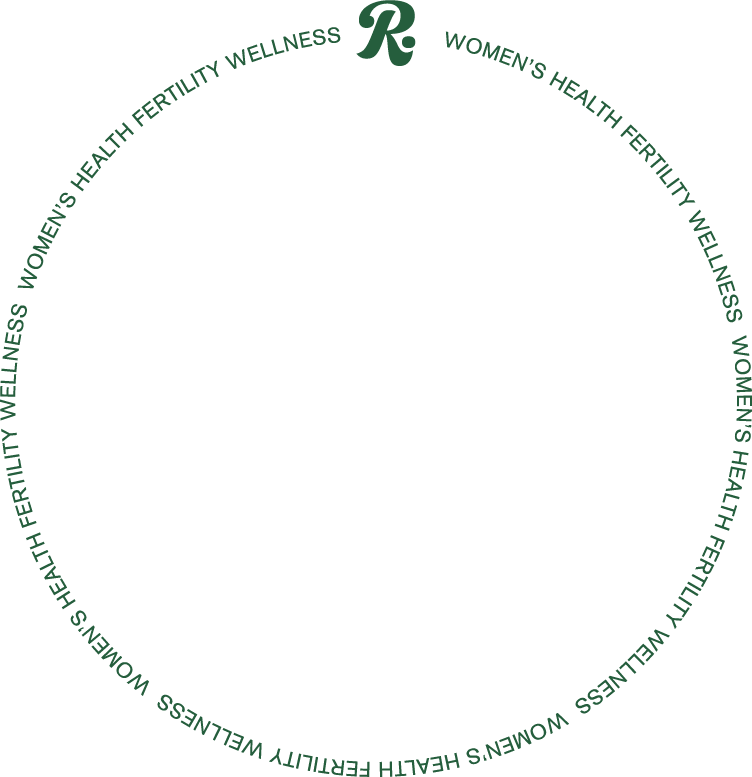A few days ago, a friend sent me a video featuring a conspiracy theory about Kate Middleton’s whereabouts. It led to what was, admittedly, a fascinating little rabbit hole to travel down, with more conspiracy theories along the way. But it also left me feeling incredibly disappointed about the way people are speculating about the royal’s health.
For those who are unfamiliar, a refresher: In January, Kensington Palace announced that Kate underwent a planned abdominal surgery that would require a 10-14 day hospital stay. At the time, it was announced that Kate would resume public appearances after Easter which has *checks notes* not yet come to pass.
So, why are people still speculating about Kate's whereabouts?
Let’s just pause right here: The fact that Kate’s public position requires an announcement to alert the global public to a health matter is, in and of itself, kind of wild. It’s impossible to imagine the sort of pressure it creates when the people feel this level of entitlement to know about your personal matters, but I suppose that simply comes with the territory of being a royal, which is a whole different stratosphere of celebrity.
But what came next can’t be explained by the role of a royal or even the fact that, as the Princess of Wales, Kate is something of a public servant. Instead, our cultural tendency to claim ownership over women’s bodies and use them as lightning rods for speculation and gossip, took over.
For months, the public has demanded information regarding Kate’s whereabouts — but we were told she’d be absent. So why, instead of giving her the space to heal, are we speculating and spinning conspiracy theories?
That’s not to say this story is without puzzling elements. The photoshop job heard ‘round the world, for example, is a bizarre and inexplicable twist — and when someone does something like this, it does make us feel like there’s more to the story than we’ve been told. Where there’s smoke, there’s fire, after all. But instead of dissecting every clue, why aren’t we asking ourselves why Kate Middleton and/or the royal family felt the need to doctor an image? What role does public intrusion play in all that?
Wondering about Kate’s whereabouts is one thing, even though we were told not to expect an appearance from her. But when that wondering veers into speculation about the procedures she’s had done, the issues that ail her, or her mental state? That slides us firmly into the world of intrusive, invasive speculation — and it’s the kind of speculation only women receive, at least where their bodies are concerned.
I’m not going to list some of the conspiracy theories I’ve come across. Frankly, they’re problematic, and giving them any more attention is not what I’m interested in here. What I am interested in is making a crucial point about the way we regard women’s bodies — from royals and other celebrities, to everyday people we encounter on the street or in our personal life.
If you’re a woman reading this, I can almost guarantee you’ve fallen victim to this.
Maybe someone has asked you if you’re pregnant, or commented on your weight, or wondered if you’d had any work done, or questioned if you’re on a drug like Ozempic, just to name a few possibilities. It’s exhausting, it’s unfair, and it’s straight up sexist, the way we regard women’s bodies and treat them like they’re public property. And right now, that’s on full display as the whole world gossips about Kate Middleton’s health and well-being.
We live in a time where celebrities routinely reveal information about their health to the public. They speak openly about miscarriages, about IVF, about mental health, about weight changes, and so much more. And the value of this is absolutely huge: When stars use their big platforms and their loud voices to speak about issues we’ve been taught to treat as taboo, they break the stigma. Celebrities have the power to normalize women’s health issues, to draw awareness to important causes, to make others feel less alone, and even help women identify their own health issues as they arise. That’s massive.
But as important and valuable as it is, no one has the obligation to reveal information about their bodies unless they feel comfortable in doing so. They don’t have to share their stories, even if they know those stories would move the needle forward. Yet out cultural sense of ownership over women’s bodies — combined with a social climate where people, both famous and not, reveal so much — leaves us totally incapable of accepting that sometimes, we won’t get the answers we seek about a public figures health…or that we’re actually not entitled to those answers.
When it comes to someone like Kate Middleton, this is especially complicated. As a royal, she doesn’t have the ability to decide for herself how much access to grant the public — there’s a whole institution that must filter communication and shape narratives for her. Maybe she does want to reveal more; maybe she doesn’t. The point is, as it stands, she has not revealed anything more than a vague explanation of abdominal surgery.
Does that tell us much? No, of course it doesn’t. Is it possible that Kate’s health issues are relatable, and that her revealing them could do wonders to normalize a condition or a procedure? Yes, of course those are possibilities. But if she doesn’t want to share this story, she doesn’t have to, regardless of how much good it would do. End of story.
Issues within the world of women’s health are in dire need of demystification and destigmatization and normalization and increased awareness. But it’s not the responsibility of women and women alone to blow past their own comfort, the confines of their roles, and the considerations of their family in order to move this forward. So let’s stop demanding that they offer up their personal information to quench our curiosity or feed our entitlement or even to bring about a greater good. Famous or not, royal or not, a woman’s health is no one else’s business unless she makes it our business.
Zara Hanawalt is a freelance journalist and mom of twins. She's written for outlets like Parents, MarieClaire, Elle, Cosmopolitan, Motherly, and many others. In her (admittedly limited!) free time, she enjoys cooking, reading, trying new restaurants, and traveling with her family.












%20Health%20&%20Household.png)
.png)


